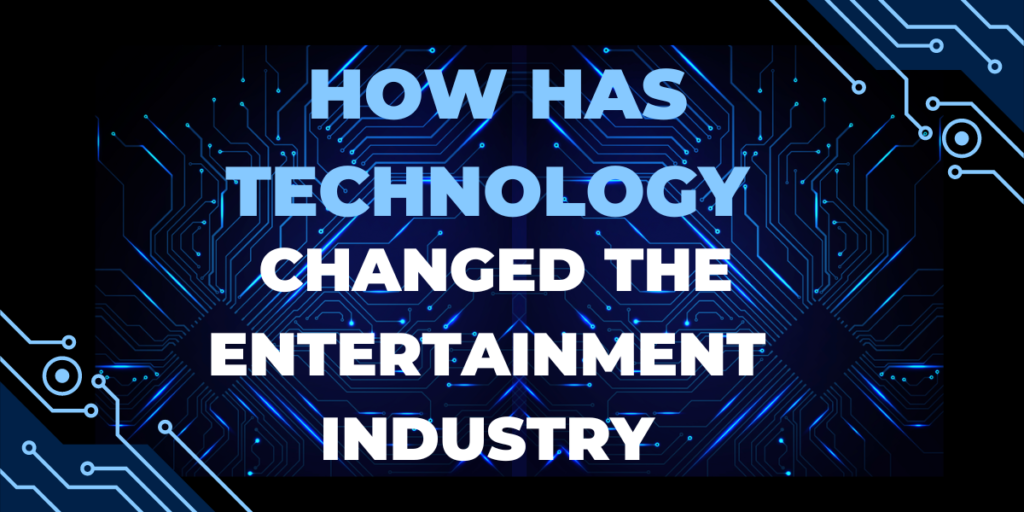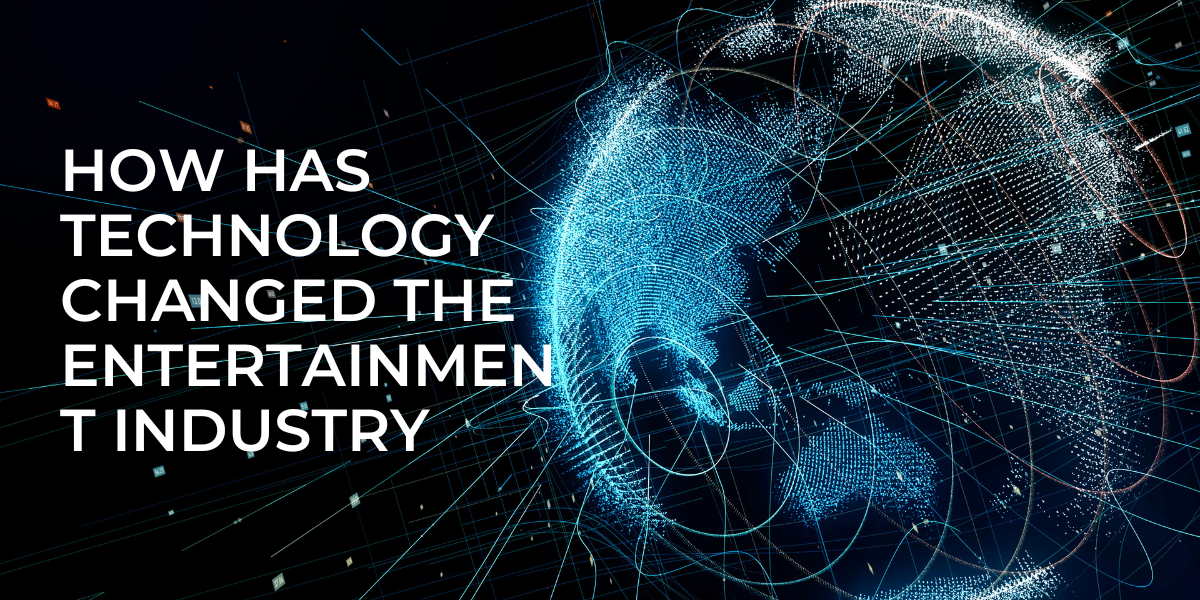How has technology changed the entertainment industry?
The entertainment industry has undergone significant changes over the past few decades, largely due to rapid technological advancements. From how we consume content to how it’s created and distributed, technology has profoundly impacted the entertainment industry. This article will explore how technology has changed the entertainment industry and what the future may hold.
Changes in Consumption Habits:
The way we consume entertainment has changed dramatically over the past decade. Traditional methods of consuming entertainment, such as TV and movies, have been replaced by on-demand streaming services such as Netflix, Hulu, and Amazon Prime Video. The rise of these services has fundamentally changed the way we watch content. Viewers are no longer tied to a specific time slot or location; instead, they can watch what they want, when they want, and on any device.
The popularity of streaming services has also led to changes in the types of content being produced. Shows that traditional networks would not have been greenlighted due to their niche appeal can now find a home on these platforms. This has led to a renaissance in television programming, with shows like Stranger Things, The Crown, and The Handmaid’s Tale becoming massive hits.

Changes in Production Techniques:
Advances in technology have also changed the way entertainment is produced. The rise of computer-generated imagery (CGI) and special effects has revolutionized the film industry. Movies like Avatar, Gravity, and The Avengers would not have been possible without these techniques. This has led to an increase in the number of blockbusters being produced and a decrease in the number of smaller, independent films.
Virtual reality (VR) and augmented reality (AR) have also begun to impact the entertainment industry. VR technology has allowed for immersive experiences, such as the VOID, a VR experience that allows users to enter and interact with virtual worlds. AR has been used to enhance live events, such as the Super Bowl halftime show, where performers interacted with a virtual overlay.
Changes in Distribution:
The rise of the internet has fundamentally changed the way entertainment is distributed. Digital downloads and streaming services have replaced physical media such as CDs, DVDs, and Blu-rays. This has led to decreased piracy as it’s now easier and more affordable to access content legally.
Social media has also had an impact on distribution. Platforms like TikTok and Instagram have become important marketing tools for musicians and actors. Fans can interact directly with their favorite artists, and artists can build a dedicated following online.
The Future of Entertainment:
As technology continues to evolve, so too will the entertainment industry. We expect to see more immersive experiences, such as VR and AR, becoming mainstream. Advances in AI and machine learning may also change how content is produced, with algorithms helping to create personalized content for individual viewers.
We can also expect to see changes in the way content is monetized. As traditional advertising revenue declines, new business models will emerge. Subscription-based services like Patreon and OnlyFans have proven successful, allowing creators to monetize their content directly.
Conclusion:
The entertainment industry has been transformed by technological advances over the past few decades. Changes in consumption habits, production techniques, and distribution have all had a significant impact on the industry.
As we look to the future, we can expect to see even more changes, with new technologies creating new opportunities for creators and consumers alike. The entertainment industry will continue to evolve and adapt, driven by the ongoing evolution of technology.



